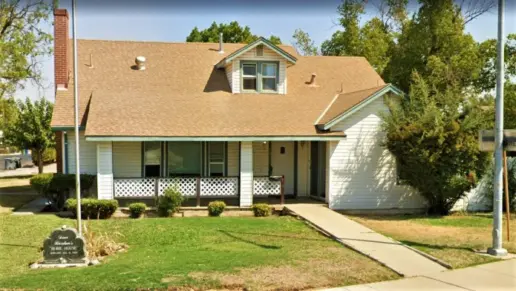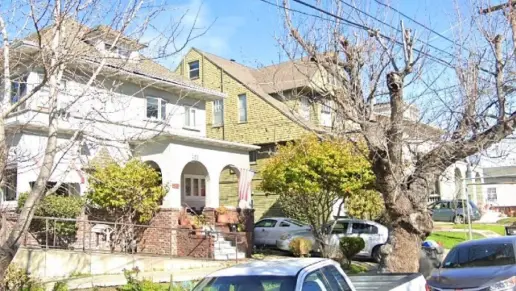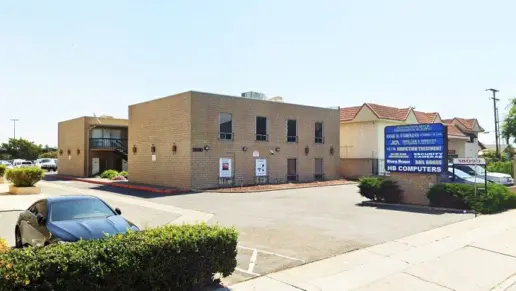About Seasons Recovery Center
Seasons in Malibu is an upscale drug and alcohol and mental health facility in Malibu, California. They provide a non-12 Step treatment plan for adults. They offer support if you’re experiencing mental health challenges or a combination of substance use and mental health disorders. This facility offers detox, gender specific residential treatment for men and women, and aftercare support.
Their treatment plans are innovative and personalized. They draw from both proven methods as well as alternative therapies such as art therapy and yoga. Treatments at Seasons in Malibu are built around the idea that for healing to happen, all the systems supporting you need to heal, too.
In treatment you’ll have up to 65 individual therapy sessions each month with a doctorate-level therapist. You’ll be exposed to cutting-edge methods that draw from best practices around the world. They also offer an executive program for professionals and a systemic family program that treats not just you but your whole family.
The aftercare at Seasons is thorough. Their sober companion program will pair you with a sober person who will help you navigate the early experiences of stepping back into the real world. These companions can help you cope with triggers, build your sober network and meet your goals as you transition. As part of the alumni program you’ll have access to quarterly events on campus, weekly conference calls, and volunteer opportunities from home or at the main campus.
Gallery





Location
Addiction Treatments
Treatments
The goal of treatment for alcoholism is abstinence. Those with poor social support, poor motivation, or psychiatric disorders tend to relapse within a few years of treatment. For these people, success is measured by longer periods of abstinence, reduced use of alcohol, better health, and improved social functioning. Recovery and Maintenance are usually based on 12 step programs and AA meetings.
Drug rehab in California teaches participants constructive ways to stay clean and sober. Treatment revolves around helping individuals stop using the substance they are addicted to and learn healthy habits to avoid relapse.
A combined mental health and substance abuse rehab has the staff and resources available to handle individuals with both mental health and substance abuse issues. It can be challenging to determine where a specific symptom stems from (a mental health issue or an issue related to substance abuse), so mental health and substance abuse professionals are helpful in detangling symptoms and keeping treatment on track.
Opioid rehabs specialize in supporting those recovering from opioid addiction. They treat those suffering from addiction to illegal opioids like heroin, as well as prescription drugs like oxycodone. These centers typically combine both physical as well as mental and emotional support to help stop addiction. Physical support often includes medical detox and subsequent medical support (including medication), and mental support includes in-depth therapy to address the underlying causes of addiction.
Programs


Clinical Services
Whether a marriage or other committed relationship, an intimate partnership is one of the most important aspects of a person's life. Drug and alcohol addiction affects both members of a couple in deep and meaningful ways, as does rehab and recovery. Couples therapy and other couples-focused treatment programs are significant parts of exploring triggers of addiction, as well as learning how to build healthy patterns to support ongoing sobriety.
Research clearly demonstrates that recovery is far more successful and sustainable when loved ones like family members participate in rehab and substance abuse treatment. Genetic factors may be at play when it comes to drug and alcohol addiction, as well as mental health issues. Family dynamics often play a critical role in addiction triggers, and if properly educated, family members can be a strong source of support when it comes to rehabilitation.
Group therapy is any therapeutic work that happens in a group (not one-on-one). There are a number of different group therapy modalities, including support groups, experiential therapy, psycho-education, and more. Group therapy involves treatment as well as processing interaction between group members.
In individual therapy, a patient meets one-on-one with a trained psychologist or counselor. Therapy is a pivotal part of effective substance abuse treatment, as it often covers root causes of addiction, including challenges faced by the patient in their social, family, and work/school life.
Contact Information
30245 Pacific Coast Highway
Malibu, CA 90265


